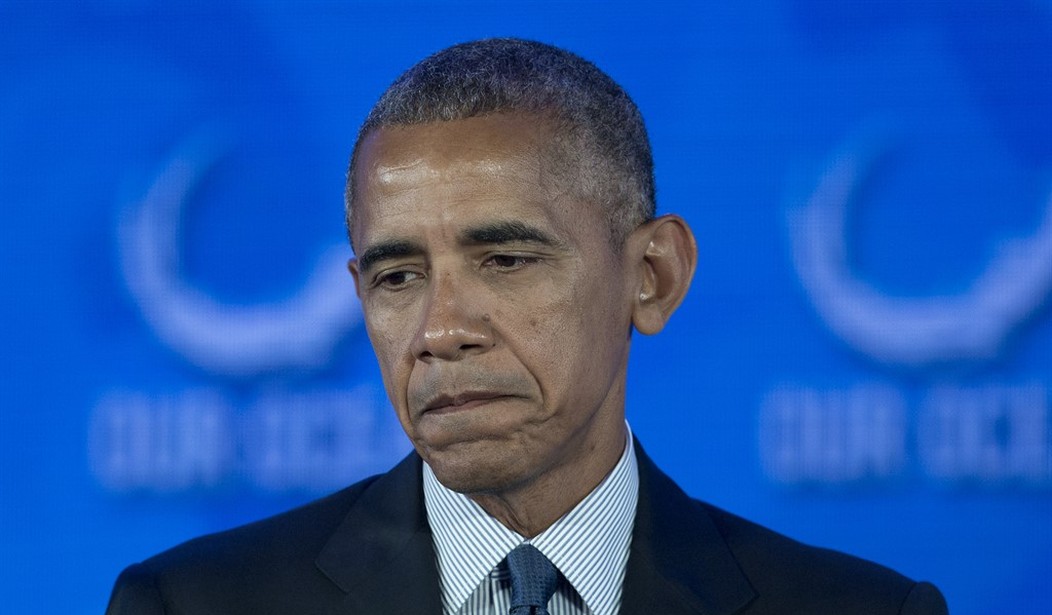Things aren’t looking good for Obama. According to a new CNN/ORC poll, a majority of Americans think race relations in the U.S. have worsened under our first African American president.
The poll finds that 54 percent of Americans believe relations between blacks and whites have gotten worse since Obama first took office. More specifically, 57 percent of whites and 40 percent of blacks believe race relations have worsened. A similar survey was conducted in June 2015, shortly after the racially motivated Charleston church shooting. Even then, only 43 percent said race relations had worsened.
Similarly, in 2008 when Obama first came into office, only 19 percent of Americans thought racial discrimination against blacks in this country was a very serious problem; 44 percent said it was somewhat serious; and 36 percent said it was not too serious or not serious at all. Compare that to today: 42 percent of Americans think racial discrimination is a very serious issue; 37 percent think it’s somewhat serious; and only 20 percent think it’s not too serious or not serious at all.
The current CNN poll also finds that only 36 percent of Americans think the U.S. criminal justice system treats whites and blacks equally. That’s down 6 points from February. More specifically, 52 percent say the system favors whites over blacks, while only 1 percent say the system favors blacks over whites.
Recommended
Despite this, 86 percent of Americans still have a favorable view of police in their community. Only 10 percent say they have an unfavorable view, and 3 percent say they have no opinion.
However, 13 percent of those polled believe that police officers in their community are prejudiced against blacks. That number climbs to 30 percent among blacks and drops to 10 percent among whites. Quite the stark difference.
It is important to note, though, that the poll was conducted not long after the shooting of Keith Lamont Scott in Charlotte, North Carolina, and the subsequent riots, the Tulsa police shooting, and the El Cajon police shooting.
It is likely for this reason that the poll asks if the peaceful protests that have occurred recently are justified or unjustified. Nationwide, 67 percent say they were justified. That number stays the same for whites and increases to 71 percent among blacks.
The survey then asks if violent protests are justified. Fourteen percent say yes and 84 percent say no. Among blacks, 23 percent say yes and 74 percent say no; and among whites, 9 percent say yes and 90 percent say no.
Lastly, the survey asks about the Black Lives Matter movement, which America seems pretty torn about. Forty-four percent of adults view the movement favorably while 40 percent view it unfavorably. Only 5 percent say they have never heard of the movement; that’s down 19 points from last year, when 24 percent of Americans did not know what BLM was. Unsurprisingly, more blacks have a favorable view of the movement (78 percent) than whites (38 percent).
The CNN/ORC Poll was conducted between September 28 and October 2. A random national sample of 1,501 adults were interviewed on the phone. The margin of error is plus or minus 2.5 percentage points for results among the full sample, 3 points for results among whites, and 8.5 points for results among blacks.

























Join the conversation as a VIP Member